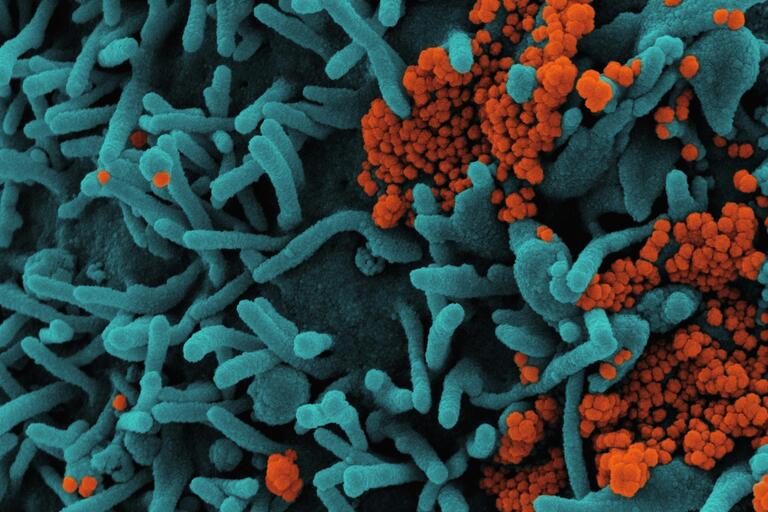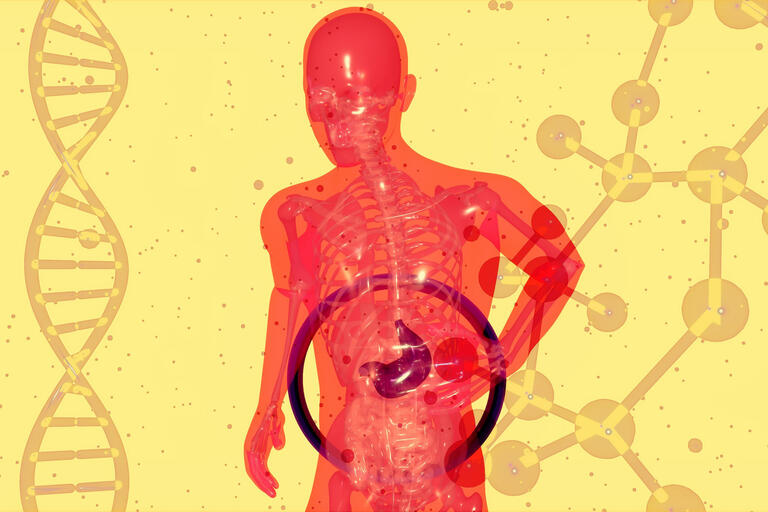
Nevada Institute of Personalized Medicine News
The Nevada Institute of Personalized Medicine (NIPM) is working to improve individual and systemic health care through translational clinical scientific research, education and workforce training, commercialization of technologies, and job creation.
Current Nevada Institute of Personalized Medicine News

Coupling wastewater surveillance and a newly developed AI algorithm can help public health organizations more quickly predict potential outbreaks.

The top headlines featuring UNLV’s staff and students.

Professor Marty Schiller talks about his business and how UNLV made it possible.

A collection of news stories and highlights featuring UNLV students and faculty.

News stories from the summer featuring UNLV students and faculty.

UNLV study pinpoints 10 bacterial groups associated with Alzheimer’s disease, provides new insights into the relationship between gut makeup and dementia.
Nevada Institute of Personalized Medicine In The News
Wastewater surveillance became a popular choice among public health officials looking to track rapid virus mutations and spread patterns during the COVID-19 pandemic. But what if there was a way to detect emerging virus pathogens even faster — or to even sniff out new variants possibly before patients even realize they’re ill? A new UNLV-led study is moving that dream one step closer to reality by pairing wastewater sample surveillance with artificial intelligence. The results appear in the latest issue of the journal Nature Communications.

UNLV researchers are now using the help of AI to look at wastewater samples for viruses before people experience symptoms.

A new study and new research formulated at UNLV is leading the way to track rapid virus mutations and spread patterns, especially during the Covid-19 pandemic.

As industries across sectors explore the potential of artificial intelligence, researchers are transforming wastewater monitoring into sophisticated digital detective work.
Pairing artificial intelligence (AI) with wastewater surveillance may enable public health authorities to identify emerging viruses earlier than current methods, according to a new study led by the University of Nevada, Las Vegas (UNLV). The findings were published in Nature Communications.

UNLV-led study shows how AI can help detect viruses in wastewater.